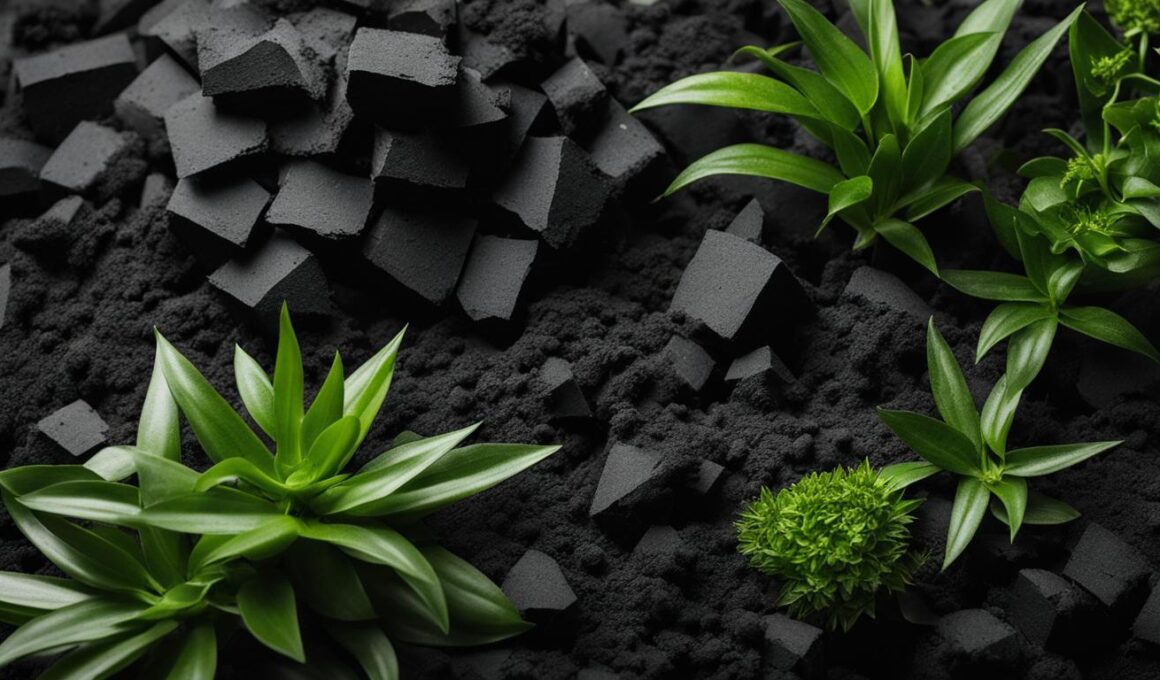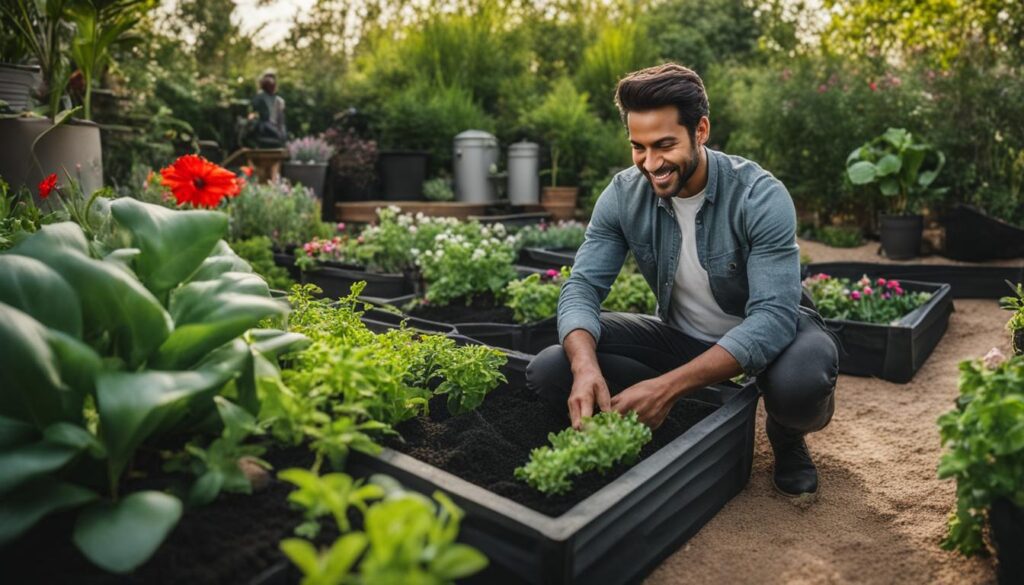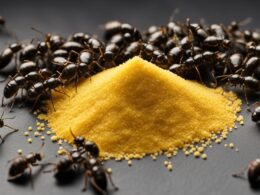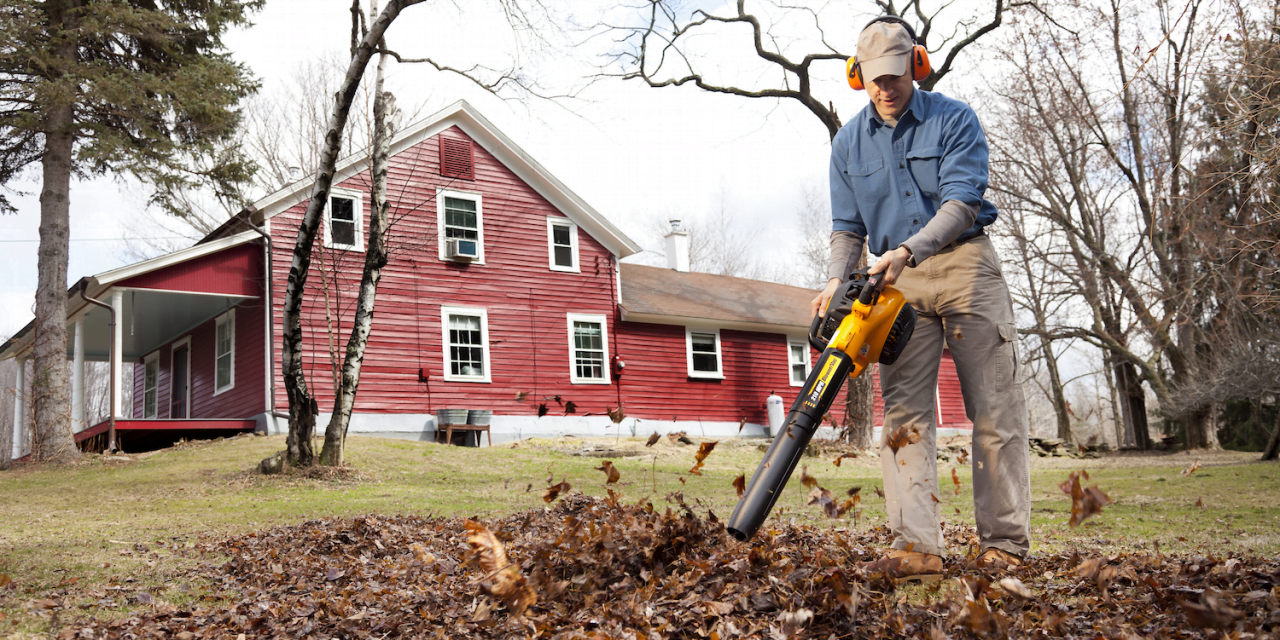If you’re a plant enthusiast or a gardener, you’ve probably heard of using charcoal as a soil amendment. But is it really beneficial for your plants? In this article, we will explore the potential advantages of using charcoal to improve soil health and promote plant growth.
Charcoal, also known as biochar, is a carbon-rich substance produced by burning wood under low oxygen conditions. It is stable and durable, capable of persisting in the soil for a long time. What makes charcoal interesting for gardeners is its unique properties.
Firstly, charcoal acts as a magnet for substances, including soil nutrients. It can hold these nutrients strongly, allowing plants to utilize them more effectively. Additionally, charcoal is absorbent, acting like a sponge to soak up liquid. This can help improve water retention in sandy and silty soils, where water tends to drain too quickly.
Furthermore, charcoal acts as an aggregate, enhancing soil friability. It can serve as a partial substitute for organic matter, increasing water holding capacity and nutrient retention. Charcoal also provides a habitat for microorganisms, contributing to soil health and ecosystem balance.
While ongoing research is being conducted on the benefits of charcoal, it is recommended to conduct small-scale experiments to determine its effectiveness in different soils and gardening contexts. It’s worth noting that charcoal is not a substitute for other soil amendments, and it takes time for charcoal to charge itself up and reach a point where its benefits start to take effect.
Overall, charcoal offers potential benefits for enhancing soil health and promoting plant growth. Its properties as a nutrient holder, absorbent, aggregate, and microorganism habitat make it a valuable addition to your gardening practices.
The Benefits of Activated Charcoal in Gardening
Activated charcoal, a form of charcoal that has undergone a process called pyrolysis, is widely used as a soil amendment in the horticultural industry. It offers a range of benefits that make it a valuable addition to gardening practices.
Improved Drainage: One of the key advantages of activated charcoal is its ability to enhance drainage in potting soil. By creating a more porous medium, it helps prevent waterlogged soil and reduces the risk of root rot.
Nutrient Absorption: Activated charcoal is highly absorbent, acting as a sponge to hold onto fertilizers and release them slowly to plants. This ensures a steady supply of nutrients, promoting healthy growth.
Acidity Balancing: Activated charcoal functions as a natural neutralizer, balancing the acidity of the soil. It can help reduce soil acidity levels and improve overall soil health and structure.
Bacteria and Odor Elimination: Activated charcoal possesses antimicrobial properties, making it effective in eliminating bacteria and odors in closed terrarium environments. This helps maintain a clean and healthy plant environment.
Horticultural Uses: Activated charcoal has a wide range of applications in horticulture. It can be added to houseplant soil, orchid growing media, and terrariums to provide various benefits. Additionally, it can be applied to lawns, gardens, and shrubs to increase soil fertility and promote plant growth.
Sustainability: Activated charcoal is considered a sustainable and renewable soil amendment as it is made from renewable plant materials. By using activated charcoal in gardening practices, you contribute to eco-friendly and sustainable gardening.
To promote healthy plants and improve gardening practices, consider incorporating activated charcoal as a soil amendment. Its benefits include improved drainage, nutrient absorption, acidity balancing, elimination of bacteria and odors, and various horticultural uses. By using activated charcoal, you can enhance the overall health and development of your plants.
Other Uses of Charcoal in the Garden
Charcoal is not just a beneficial soil amendment, it also has a multitude of other uses in the garden. One of its versatile applications is as a soil conditioner. By providing important nutrients like potassium and replacing lime in soil additive mixes, charcoal helps improve soil health and fertility.
Another remarkable characteristic of charcoal is its ability to neutralize plant poisons. For instance, when planted near walnut trees, which release toxins harmful to other plants, charcoal acts as a protective buffer, preventing the negative effects of these chemicals on nearby plants.
In addition, charcoal can serve as a container filler, making pots lighter and easier to move when frequent rearrangement of plants is needed. Its lightweight nature does not compromise the stability of the plants while allowing for flexible garden arrangements.
Charcoal also offers the benefit of reducing compost and manure odors when added to potting soil. It helps maintain the nutritional integrity of the soil while minimizing unwanted smells commonly associated with organic matter.
In terms of herbicide neutralization and pesticide cleanup, charcoal is a powerful tool. It can dilute the effects of herbicides in the soil, preventing potential growth problems for future crops. Moreover, charcoal acts as an absorbent for pesticide residues, effectively cleaning up pesticide build-up in the soil.
Furthermore, charcoal can be used as a mulch, creating a protective covering over the soil surface. This not only prevents moisture loss but also inhibits weed growth, making it an effective natural weed barrier.
If you’re seeking anti-fungal protection for your plants, charcoal can help manage and reduce fungal infections. Its natural properties offer a defense against various fungal pathogens, contributing to healthier plants and improved garden conditions.
Lastly, charcoal can serve as an organic insect killer, deterring pests like Tribolium Castenum without leaving behind toxic residues. This makes it a safe and environmentally friendly alternative to chemical-based insecticides.
These diverse uses of charcoal in the garden highlight its versatility and effectiveness as a valuable addition to your gardening practices. From soil conditioning to pest control, charcoal has proven beneficial in promoting healthy plants and enhancing overall gardening experiences.
Can Charcoal or Spruce Wood be Used for Gardening or Planting?
If you’re wondering about the suitability of spruce wood for gardening, it’s important to consider its impact on soil pH and overall plant health. While spruce hardwood classification articles provide valuable information, it’s generally best to avoid using spruce wood for gardening or planting due to its natural acidity.










